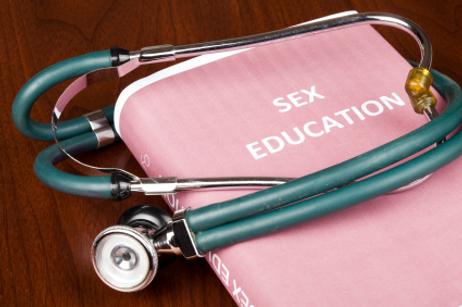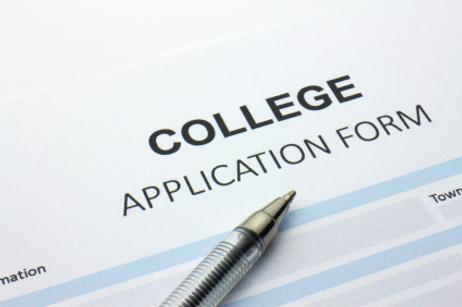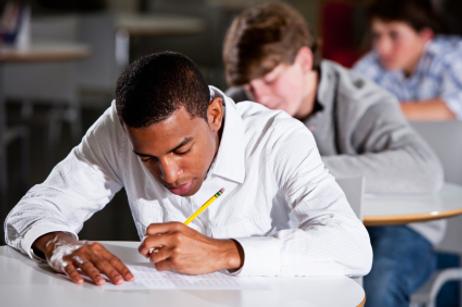With the Obama Administration鈥檚 recent addition of an abstinence-only program to the pregnancy prevention programs the government will fund, many are questioning once again whether abstinence teaching is really the best way to prevent teen pregnancy and lower the rates of sexually transmitted diseases. While many conservatives are applauding the President鈥檚 recent decision, liberals are voicing serious concern over the direction the Administration is taking in sex education. Who is right? It may depend on who you talk to and which research you review.
Misinformation Common Problem for Young Adults Recent Study Found
According to one recent study published in Perspectives on Sexual and Reproductive Health, the lack of comprehensive sex education in schools does not appear to do young adults any great favor. The study, conducted by the Guttmacher Institute and reported by , found that young adults between the ages of 18 and 29 do not appear to have a clear and accurate picture of the importance of contraception use in preventing pregnancy. A quiz was given to 1,800 men and women in this age range, and the results were discouraging, to say the least.
This TED Talk discusses the abstinence of essential information about sex education.
The large majority of young adults who took the quiz scored poorly, with more than one-quarter earning a 鈥淒鈥� or 鈥淔鈥� grade. In addition, approximately 60 percent of


















